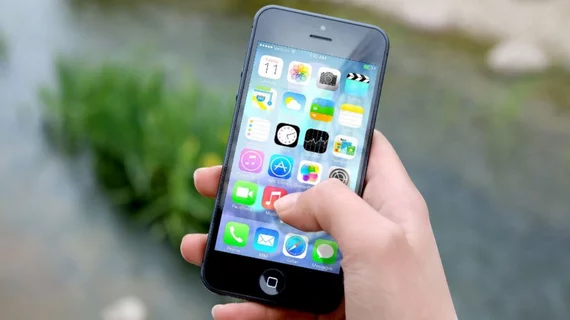Battery life, usability present challenges in collecting passive data for mental health apps
Modern telecommunications carry an incredible amount of potential to improve monitoring and treatment of mental health conditions. Often, it can directly save lives. While technological advancement has occurred at a staggering pace, challenges remain in designing apps to best collect data from patients’ phones.
Researchers—led by Tjeerd Boonstra, MPsych, PhD, of the Black Dog Institute at the University of South Wales in Sydney—found reduced battery life, connectivity and security concerns were top considerations when testing the feasibility of an app to monitor mental health. According to findings published July 31 in the Journal of Medical Internet Research, though, such obstacles should not discourage the medical community from exploring new ways to improve care.
“The use of passive data in mental health research has the potential to change the nature of identification and treatment of mental health disorders,” Boonstra et al. wrote. “Early identification of behavioral markers of mental health problems will allow us to preempt rather than respond and understanding idiosyncratic patterns will enable personalized dynamic treatment delivered at the moment. Although significant technological and broader challenges exist, we believe that open science, user involvement, collaborative partnerships, and transparency in our attempts, successes, and failures will bring us closer to this goal.”
Researchers used Socialise, a mobile phone app that collected location and movement information from 32 participants—72 percent had a mental health diagnosis and 77 percent were female. In all, 20 percent of data samples were collected from participants’ phones.
Results showed use of Socialise decreased battery life by an average of 2.5 hours—from 21.3 hours to 18.8 hours. While not seemingly significant, the difference was noted by 23 participants. Additionally, half of respondents mentioned difficulty in opening and using the app.
Study participants also noted concerns about the collection and use of personal data.
“Our participants reported that the purpose of data collection was an important consideration to weigh against any perceived privacy risks, which relates to the theme of uncertainty around purposes of data collection,” Boonstra et al. wrote. “The consent process for mental health data collection is therefore of importance with regard to both articulating this purpose and outlining confidentiality and risk of harm to patients.”

